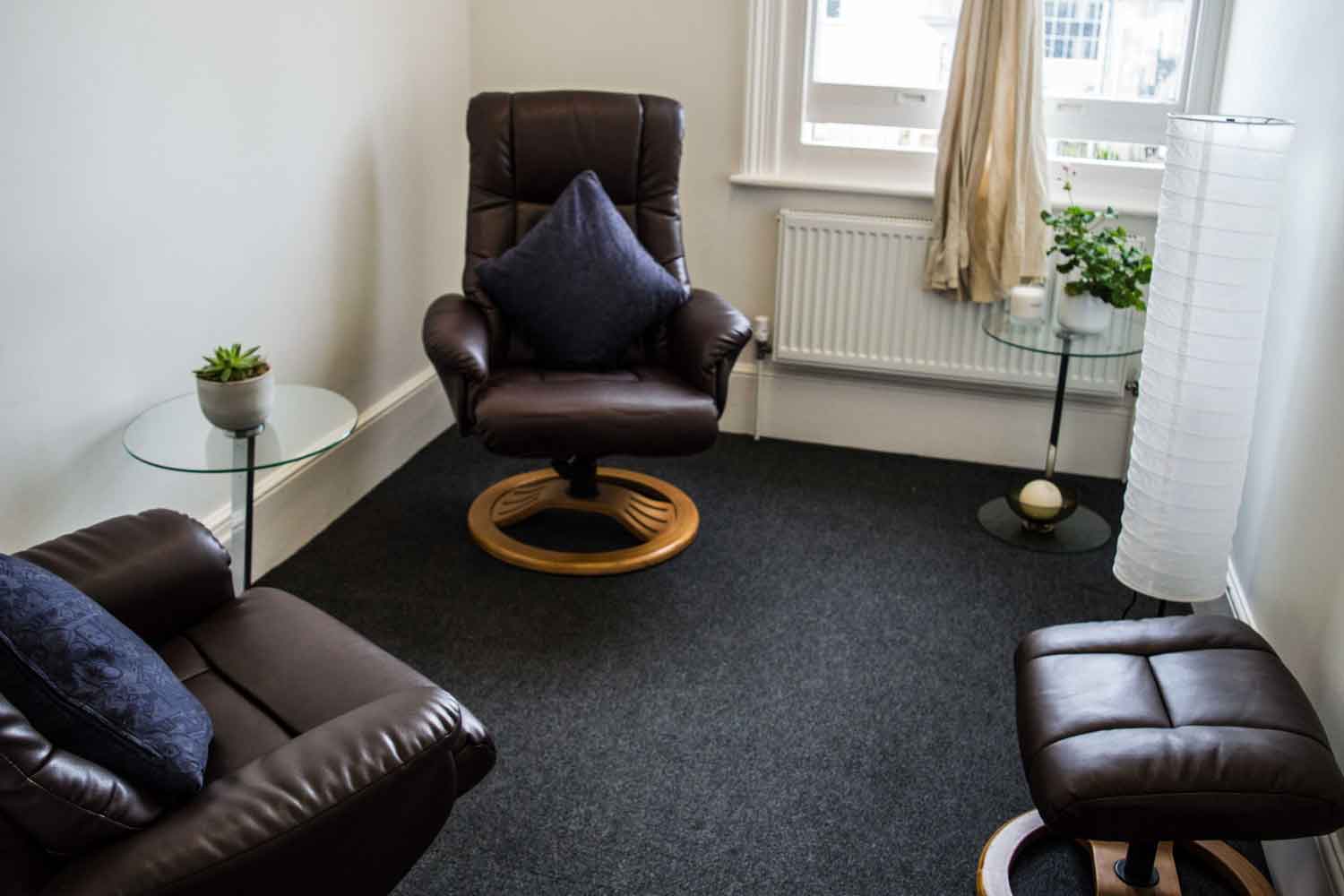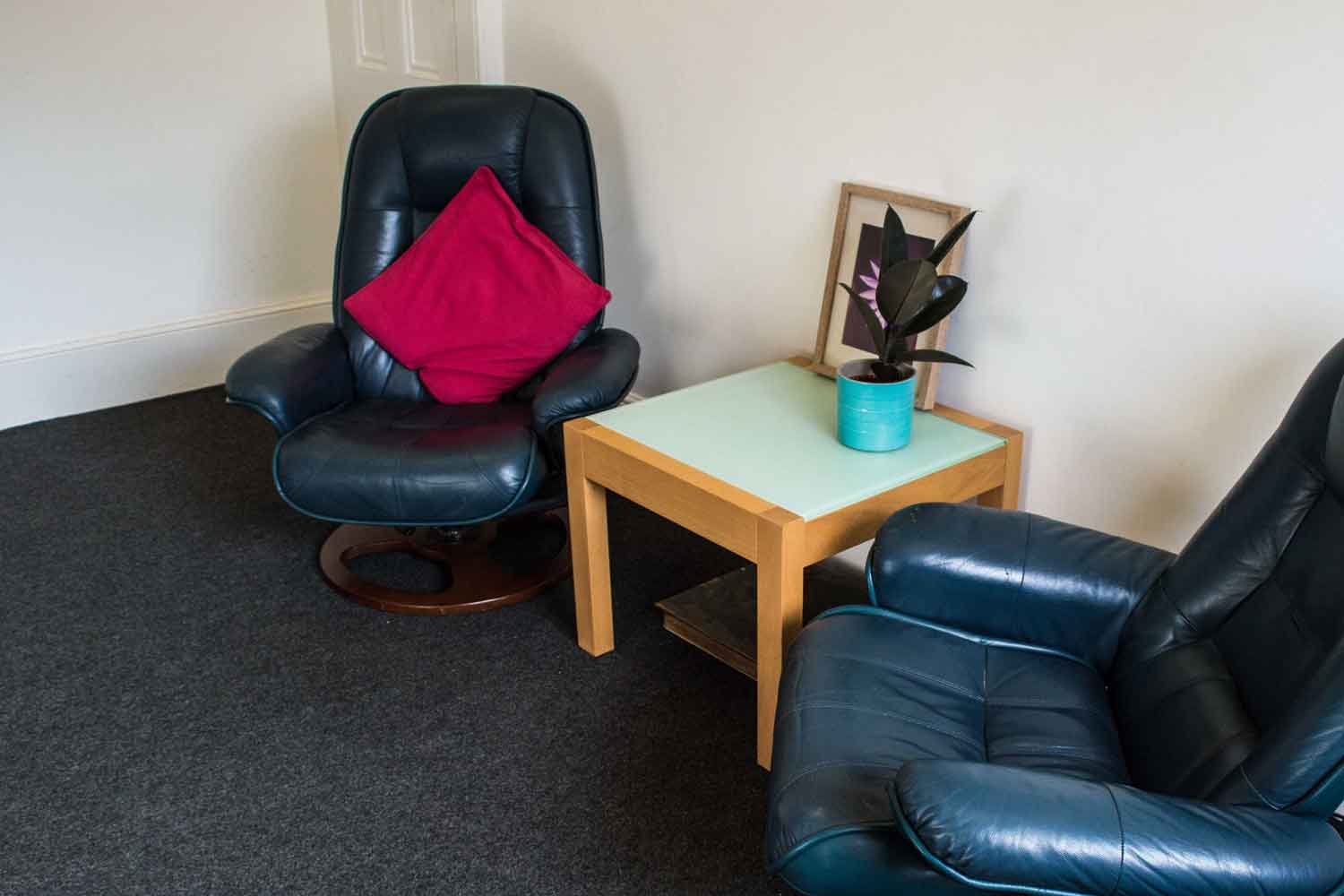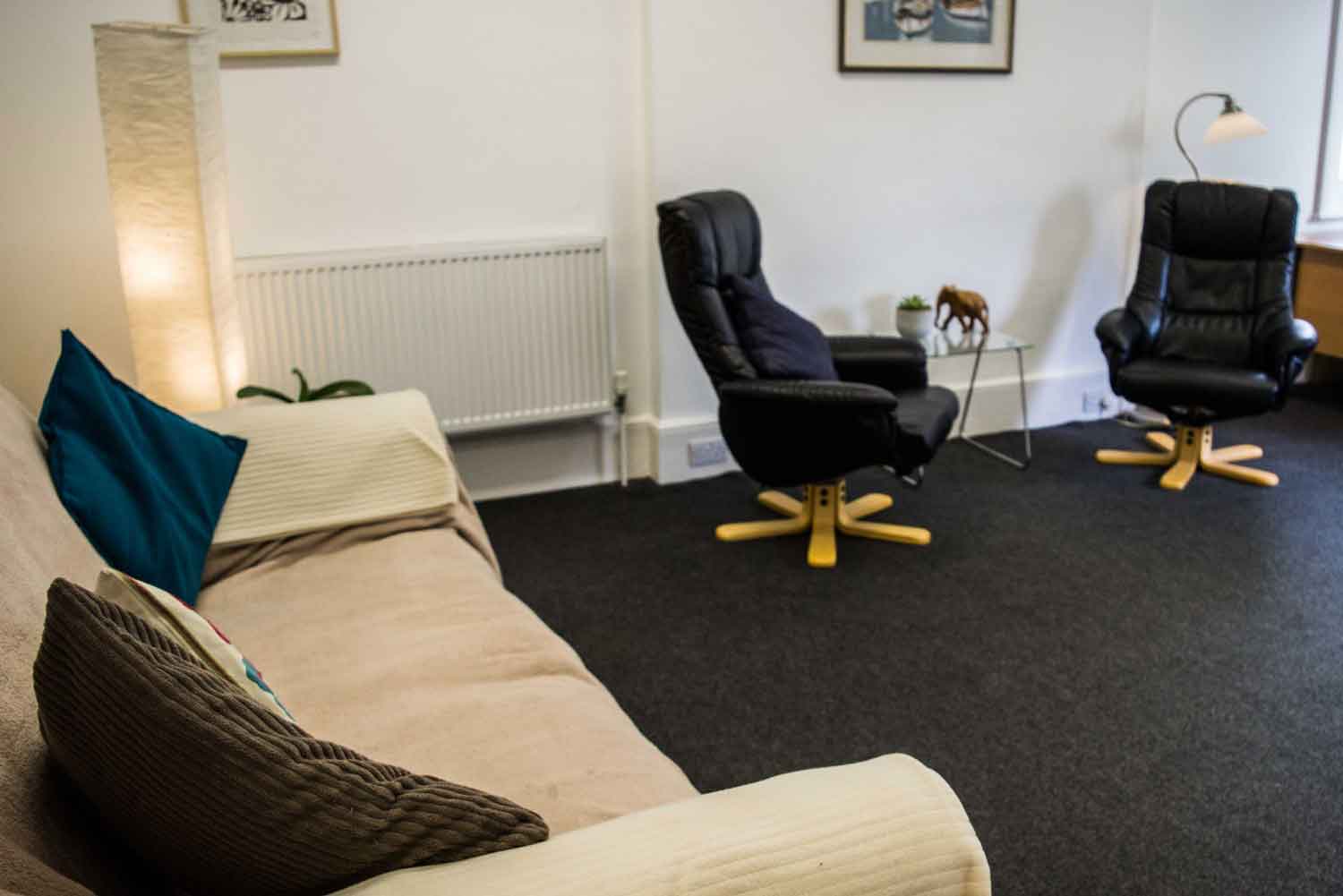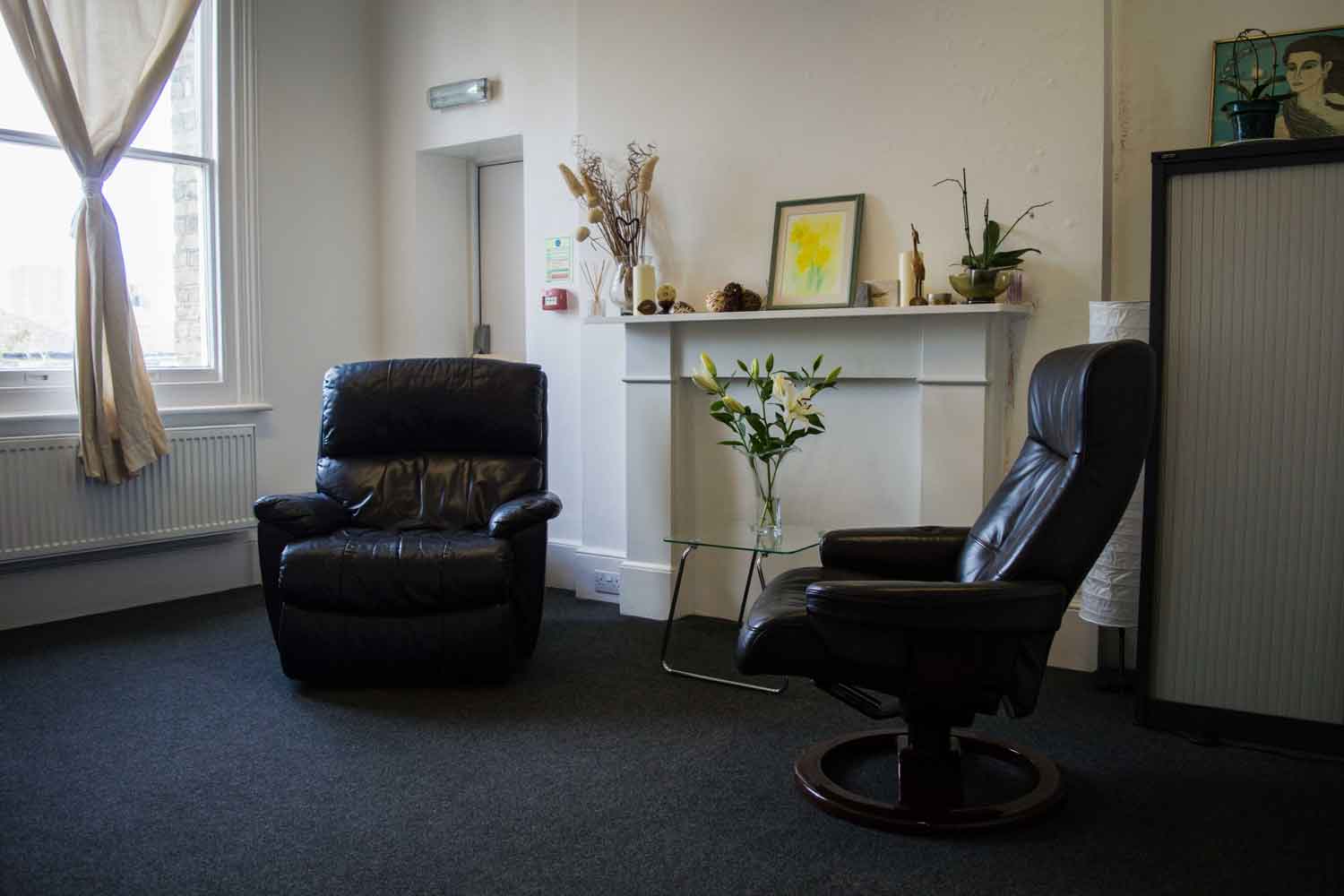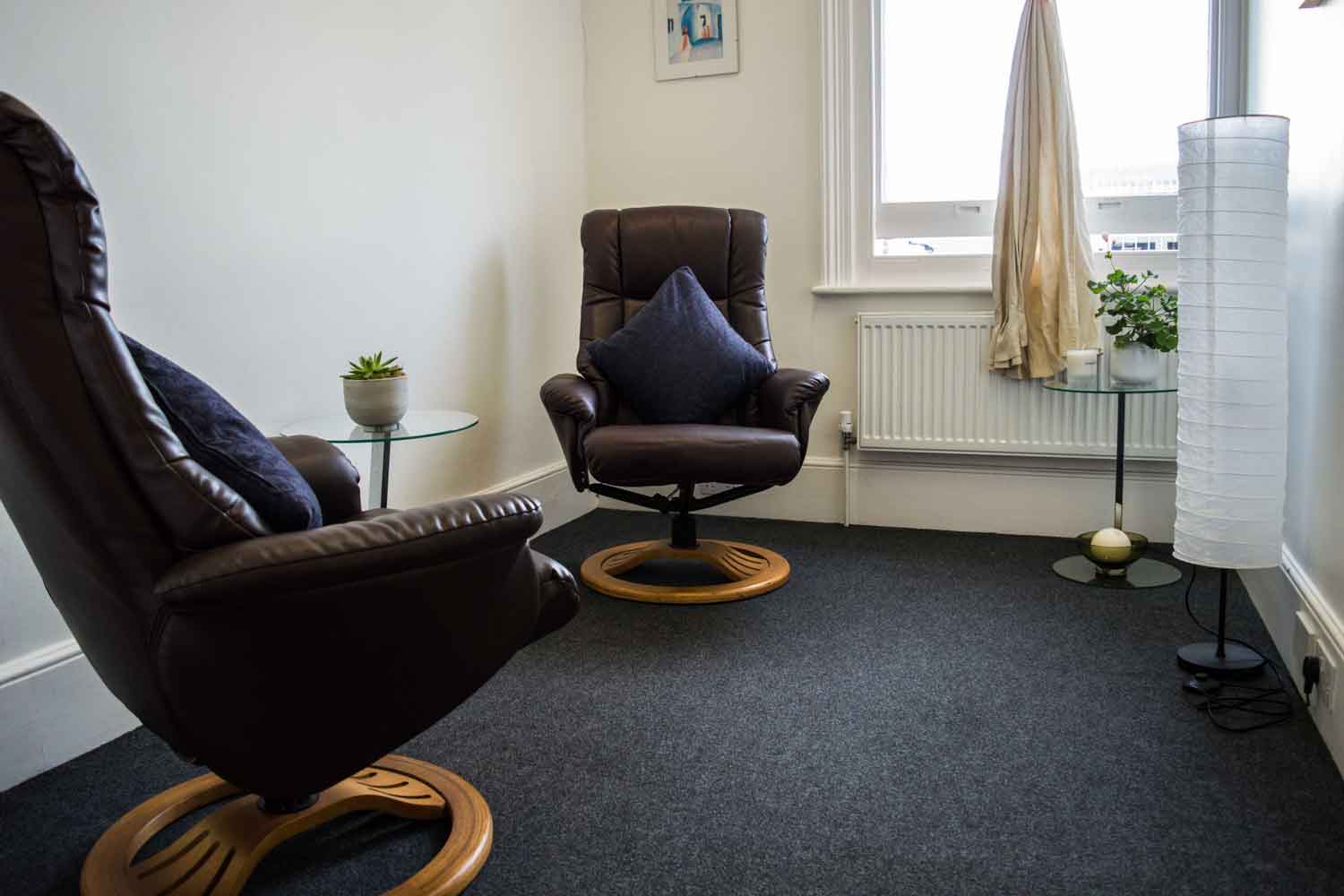Autistic Spectrum Conditions (ASC), – referred to in psychiatry as Autistic Specturm Disorder (ASD) – is the name given to a range of condition that affect an individual’s social interactions, communications, and behaviours. ASC/Autism is not simply a high IQ, as the stereotype would have you believe. By contrast in children with ASC, around 70% have a non-verbal IQ of less than 70.
In children, indications of ASC can show themselves from before the age of three years old, though a formal diagnoses can be made after this age. Below are some features of ASC common in children. This list is by no means comprehensive, and it should also be said that individuals with ASC will not necessarily exhibit all of these features:
- Delayed language development
- Lack of awareness
- Lack of interest in other children of a similar age
- Playing alone
- Repetitive play
- Difficulties with or not demonstrating imaginative play
- Difficulty understanding other’s emotions or feelings
- Difficulty starting or engaging in conversation
- Repeating other’s words or phrases
- A liking of (often strict) routing with changes to routine resulting in emotional outbursts
There are many of these features persist into adulthood and adults with ASC can also exhibit many similar features to the list provided above, which is typical of children.
It should be said that there are some who challenge certain social norms about relations and communication and who argue against the notion that Autistic Spectrum Conditions are indicative of some sort of pathology or disorder. This movement, collectively referred to as the Neurodiversity movement, prefer instead to understand these as variations in the human genome.
Despite there being contention over the phenomena, there are a great many people who welcome the early diagnosis of, and subsequent help with, Autistic Spectrum Conditions. If you would like to discuss whether you, your child, or someone you may know may be affected by an Autistic Spectrum Condition then do not hesitate to contact the team at Psychology Sussex to discuss how we can help you.

